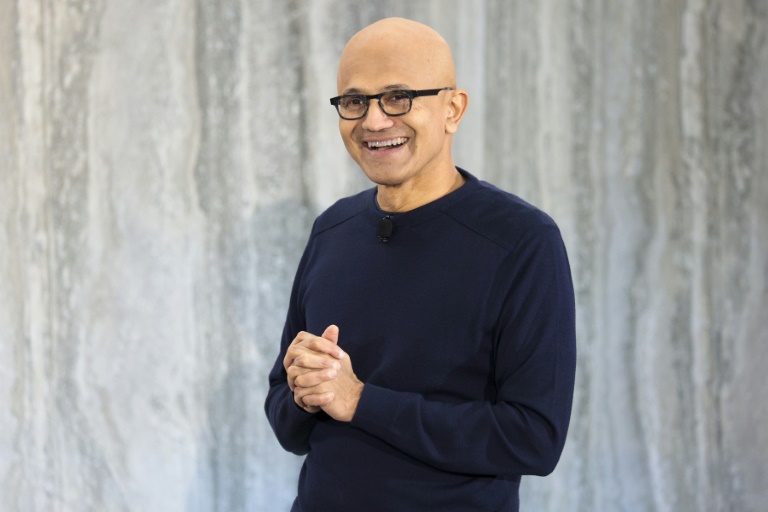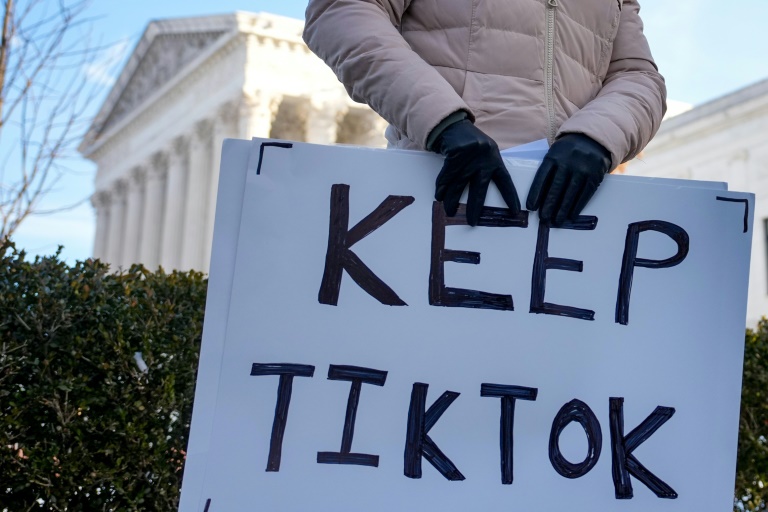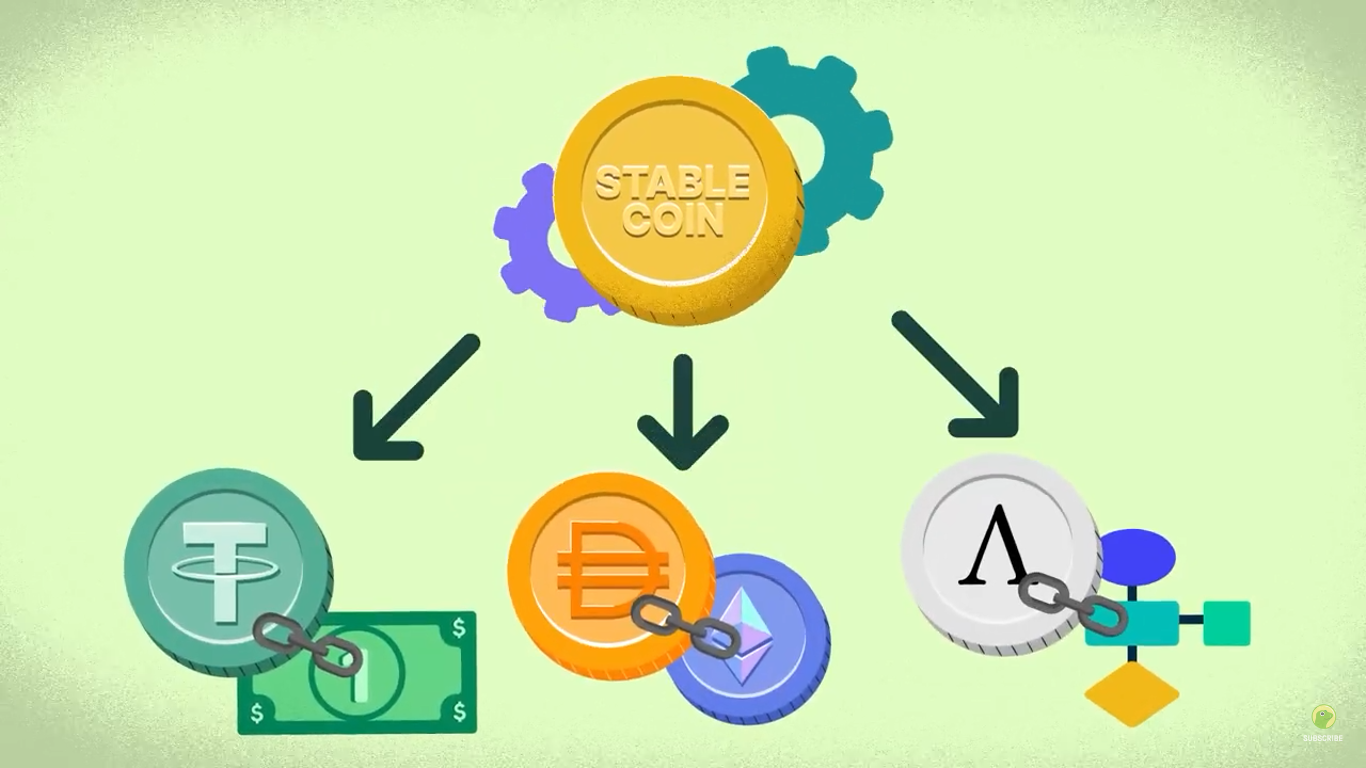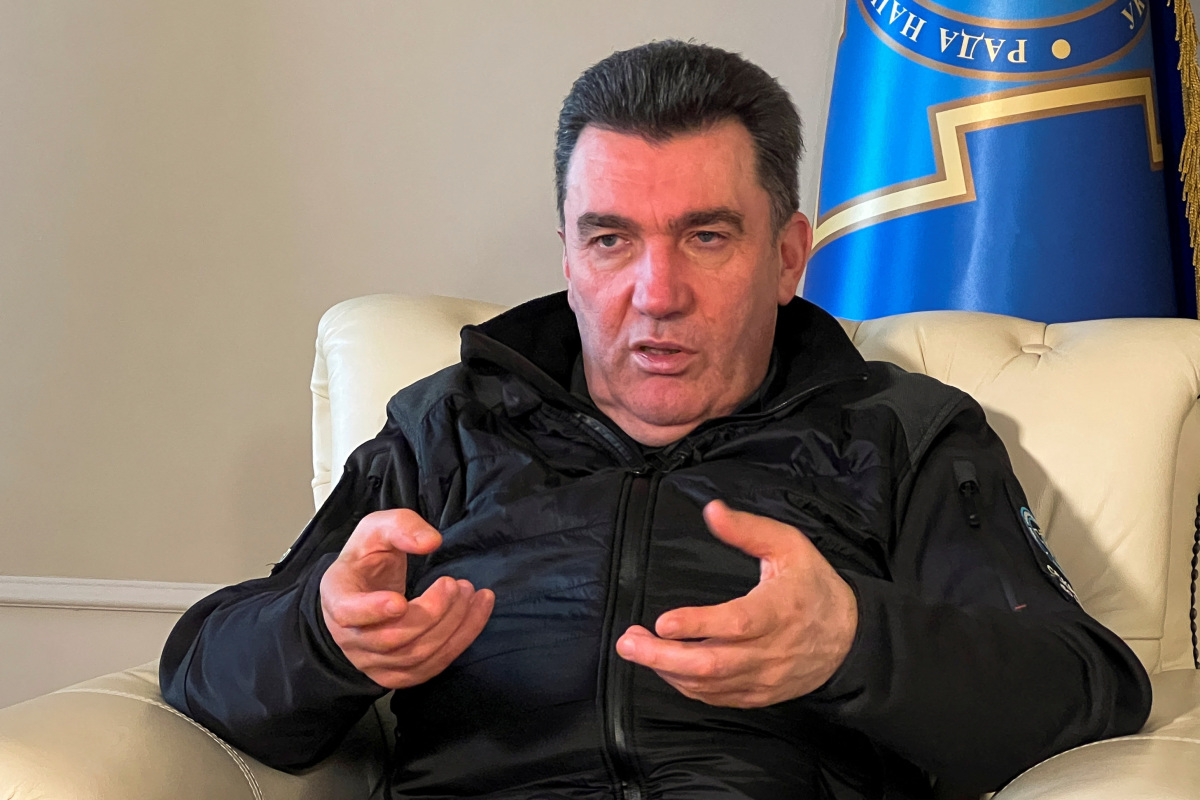AFP
Microsoft’s long-struggling Bing search engine will integrate the powerful capabilities of language-based artificial intelligence, CEO Satya Nadella said on Tuesday, declaring what he called a new era for online search.
“It’s a new day for search… The race starts today,” Nadella said at a launch event, marking the start of what it hoped would be an unprecedented challenge to Google’s two-decade dominance of the search engine market, using the technology created by the developers of AI bot ChatGPT.
ChatGPT has sparked a gold rush in artificial intelligence technology (AI) with more than 100 million users testing the bot’s capabilities, receiving essays, speeches, or law exam results within seconds to the consternation of educators and school authorities worried about cheating.
Microsoft hopes that beefing up Bing with ChatGPT will radically update online search by providing ready-made answers using multiple sources instead of the familiar list of links to outside websites.
“We applied the AI model to our core search ranking engine, and we saw the largest jump in relevance in two decades,” said Yusuf Mehdi, a Microsoft vice president.
OpenAI, a California-based startup founded in 2015, developed ChatGPT. Microsoft invested $1 billion in OpenAI in 2019 and just inked a new multi-billion deal with the firm, with funding from Elon Musk, among others.
Search is Google’s golden cash cow and any serious challenge to its dominance seemed unthinkable until ChatGPT burst onto the scene two months ago.
Google’s search engine holds 84 percent of the global market share, bringing in tens of billions of dollars in ad sales every quarter and making up more than two thirds of the tech giant’s total revenue. Bing’s market share stood at just nine percent last year.
According to reports, Google declared ChatGPT’s massive success a “code red” threat to the company with teams reassigned to brainstorm a swift answer and accelerate ongoing research on AI.
Spooked by the unexpected rivalry, Google on Monday preempted Microsoft’s announcement and said that it was about to deliver its own version of ChatGPT, a bot named Bard that would also provide near immediate answers upon request.
Chinese search engine giant Baidu on Tuesday said it was preparing to put out an AI-powered chatbot, named “Ernie Bot,” though the launch date was unknown.
“We view this as the first shot across the bow in this Big Tech AI battle that is set to hit its next gear of investments over the coming months with Microsoft now leading the race,” said Dan Ives of Wedbush Securities.
Despite the new arms race in Big Tech, ChatGPT and similar bots continue to make mistakes and it remains unclear whether the technology, known as generative AI – will be able to completely supplant search as we currently know it.
Google has already integrated more conversational techniques into its search engine, including by providing easy-to-click answers to questions most often linked to a search request.
Before the release of ChatGPT, OpenAI had wowed tech geeks with Dall-E 2, a software that creates digital images with a simple instruction.
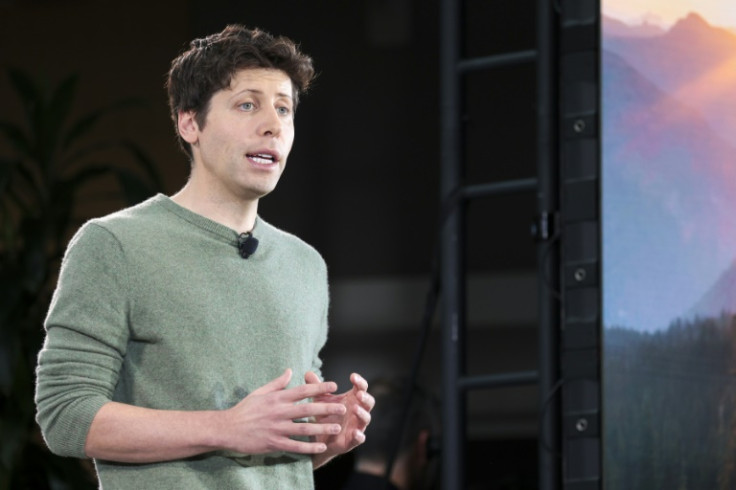
AFP
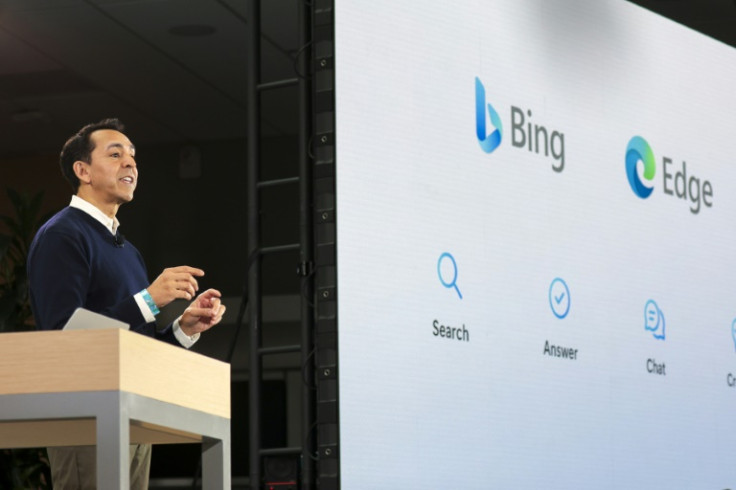
AFP

